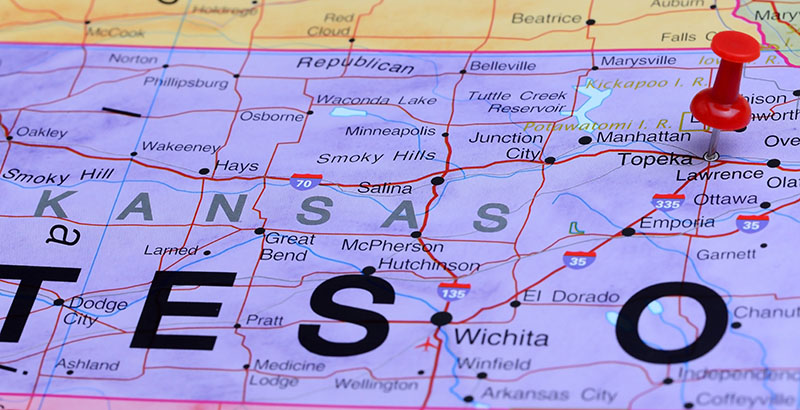This Week’s ESSA News: Rethinking Student Evaluations Amid the Pandemic, Kansas Receives Federal Early Ed Grant, Groups Call on Congress to Boost K-12 Funding & More

This update on the Every Student Succeeds Act and the education plans now being implemented by states and school districts is produced in partnership with ESSA Essentials, an ongoing series from the Collaborative for Student Success. It’s an offshoot of their ESSA Advance newsletter, which you can sign up for here! (See our recent ESSA updates from previous weeks right here.)
According to Education Week, guidance provided by the U.S. Department of Education that tells school districts to “direct much more coronavirus aid than they expected to private school students” has sparked opposition in the education community. The Department says that school districts must use COVID-19 relief funds “to provide ‘equitable services’ for all local private school students.” However, public school advocates argue that this funding should “follow what the Every Student Succeeds Act says and be set aside to provide services only for certain disadvantaged and at-risk students, like technology licenses and parent engagement.”
While the Department of Education’s guidance is not law — or even a set of regulations — the disagreement over how funds should be allocated does set the stage for a long, drawn-out and potentially legal fight between school districts and the federal agency. Also, last week saw a “declaration from the American Federation of Teachers and AASA, the School Administrators Association, that districts should ignore the guidance.” Five other national groups urged DeVos to revise it, while separately, the national group that represents chief state school officers also recently told DeVos that she “should rethink her guidance.”
Here are the week’s other top headlines for how states are implementing (and innovating under) ESSA:
Student evaluation will need to adapt to post-pandemic world
This editorial in the Richmond Times-Dispatch outlines a problem educators nationwide are facing: how to most effectively measure student progress in a post-pandemic world. In the wake of the coronavirus pandemic, all states have sent requests to the U.S. Department of Education in an effort to receive waivers of standardized testing requirements established under the federal Every Student Succeeds Act (ESSA). Now, educators are left wondering how to measure student progress, including how to compare students “with strong internet connections and stable home settings” with their “peers whose families might be in crisis.”
To address this, and a myriad of other concerns, “school districts and their leaders should start a deeper conversation now to evaluate individual student progress and needs.”
Kansas receives federal grant to improve early childhood education
Kansas Gov. Laura Kelly and childhood leaders in the state announced recently that an $8.9 million grant from the Administration for Children and Families has been awarded “to continue efforts to strengthen the early childhood system” across the state. The funds are “provided through the Department of Health and Human Services (HSS), Administration for Children and Families (ACF) Every Student Succeeds Act (ESSA).”
According to the governor, “This grant is particularly welcome now, as the COVID-19 pandemic has caused an additional degree of stress on early childhood in Kansas. With it, we will continue to fight for the health and safety of children and families in our state.”
This funding will help “support systems-alignment, infrastructure, and innovation at the local and state level,” and parents can “expect to see investments in activities that build a sustainable infrastructure for the early childhood system.”
Education groups pushing for new federal K-12 funding
Recently, dozens of groups sent a new request to Congress that calls for “at least $250 billion in new federal aid for K-12 schools and higher education, as part of a broader push to shore up state and local government funding.”
The request additionally encourages Congress to focus on providing relief for “students from low-income households and special education as well as efforts to help students connect to the internet” while supporting key programs under the Individuals with Disabilities Act (IDEA) and Every Student Succeeds Act (ESSA). The letter’s signatories included “more than 70 organizations,” such as teachers unions, think tanks, civil rights groups and others.
Get stories like these delivered straight to your inbox. Sign up for The 74 Newsletter

;)